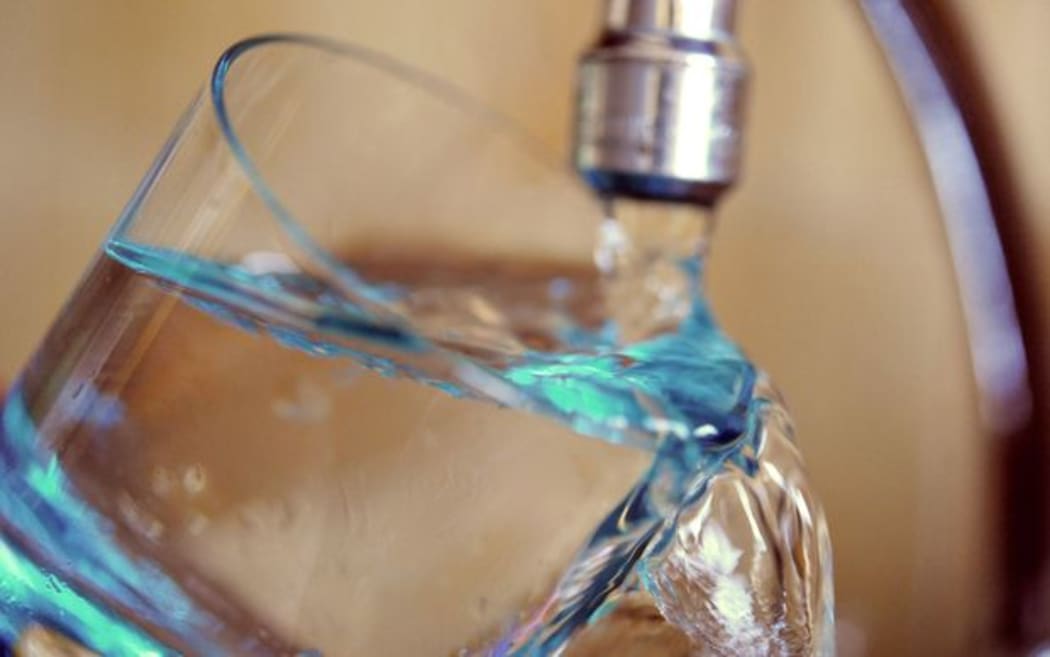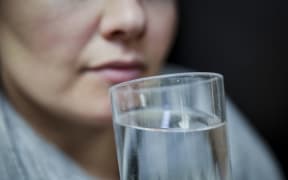Several South Island councils are considering permanently chlorinating their water to ensure it remains safe to drink.

Photo: AFP
That comes only a day after the Christchurch City Council admitted some of the city's water wells could become contaminated, and the city's famously pure water might have to be chlorinated.
More than 15 years ago, residents in the Timaru towns of Geraldine and Pleasant Point said no to chlorination.
But now, Timaru District Council staff were seeking $200,000 as part of the upcoming budget to chlorinate both water supplies.
Infrastructure group manger Ashley Harper said the gastro outbreak in Havelock North in 2016, which left dozens in hospital, changed people's minds.
"The attitudes of the community are changing especially when we understand what happened at Havelock North where a whole community got sick in a few days," he said.
"We are recommending that we take steps to ensure that doesn't happen in our district."
In December last year, a report into the Havelock North gastro outbreak warned hundreds of thousands of New Zealanders - one in five people - were at risk of getting sick and universal treatment of drinking water was needed.
Geraldine and Pleasant Point's water was currently treated by ultraviolet light, which offered some protection.
But Ashley Harper was worried about what happened to the water once it had passed the ultraviolet light and was in the reservoirs and pipes.
He said using chlorine would fix any potential problem.
"It means the water in the network has a small residual of chlorine, it's less than one part per million," he said. "That means if there is an Ecoli bug in the network, that bug would be disinfected and the chance of water users getting ill will be significantly reduced."
Other councils were also looking at chlorinating their water.
Before Christmas, the Queenstown Lakes District Council decided to temporarily chlorinate all of its water supplies over the summer after high coliform counts were detected.
The head of the council's infrastructure committee Alexa Forbes said the council would soon decide whether to continue chlorinating the water.
"The more I learn the more I realise we need to be chlorinating," she said.
The move to temporarily chlorinate faced pushback from residents, including one Glenorchy woman who poured water all over the floor during a council meeting late last year.
Ms Forbes said she would prefer the water to be free from chlorine, but it would be too expensive to ensure it was safe.
"I would love us to have the infrastructure to absolutely be able to guarantee the delivery of beautiful, pure water to everyone's house ... we don't have that in Queenstown," she said.
The Christchurch City Council is expected to make a call whether to chlorinate its water at a meeting on Thursday.


